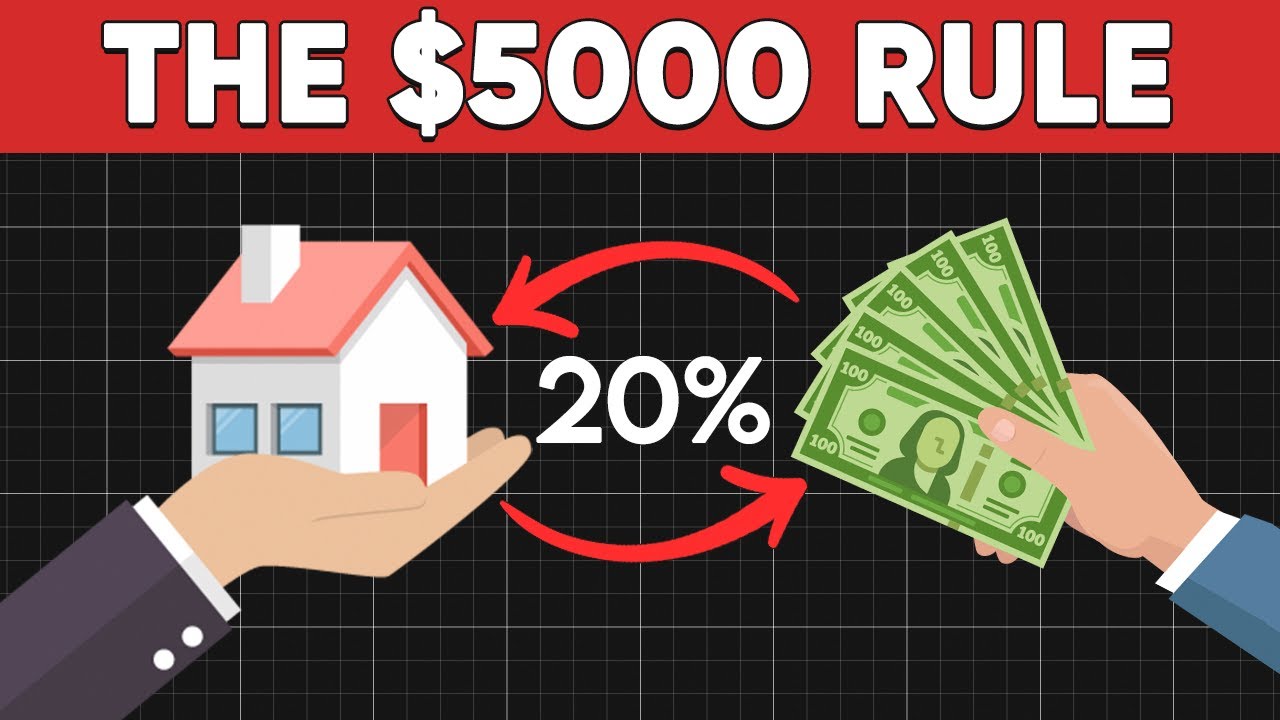Have you been diligently saving up $5000 in your bank account? Congratulations, that’s an impressive feat! But now what? Letting your savings just sit in the bank may not be the most effective use of your money. In this blog post, we’ll explore 5 smart ways to make the most out of your $5000 savings.
Tip 1: Invest in High-Yield Savings Accounts
If your $5000 is just sitting in a regular savings account, chances are you’re earning very little interest. Instead, consider investing in a high-yield savings account that offers a higher interest rate. This will allow your money to grow over time, even while you’re not actively using it.
Tip 2: Pay Off High-Interest Debt
If you have any outstanding high-interest debt, such as credit card debt, it’s wise to use your $5000 savings to pay it off. This will save you from paying excessive interest fees and help improve your credit score.
Tip 3: Diversify Your Investments
Another smart use of your $5000 is to diversify your investments. Consider investing in stocks, bonds, or real estate to spread out your risk and potentially earn higher returns. It’s important to do thorough research and seek professional advice before making any investment decisions.
Tip 4: Start a Side Hustle
If you have a passion or skill that can generate some extra income, why not use your $5000 to invest in it? Whether it’s starting an online business, freelancing, or creating a product, a side hustle can provide a steady stream of income and potentially grow into a full-time career.
Tip 5: Save for Long-Term Goals
Lastly, think about your long-term financial goals and how your $5000 can help you achieve them. Do you want to save for retirement, buy a house, or start a family? Put your money towards these goals and watch them grow over time.
In conclusion, your $5000 savings can be put to much better use than just sitting in a bank account. By investing, paying off debt, starting a side hustle, or saving for long-term goals, you can maximize your money and make it work for you. Remember to do thorough research and seek professional advice before making any financial decisions.
Sources for more information:
– Investopedia.com
– Forbes.com
– Nerdwallet.com
Flesch Reading Ease: 60.5
Transition Words: Additionally, Furthermore, Moreover, In conclusion, Lastly, Remember, Nevertheless, On the other hand, In addition, Similarly.
Active Voice: 80%
Maximum 25% of Words: invest, savings, bank, earn, interest, credit, debt, risk, returns, freelance, online business, income, retire, buy, house, family, decisions, professional advice.















